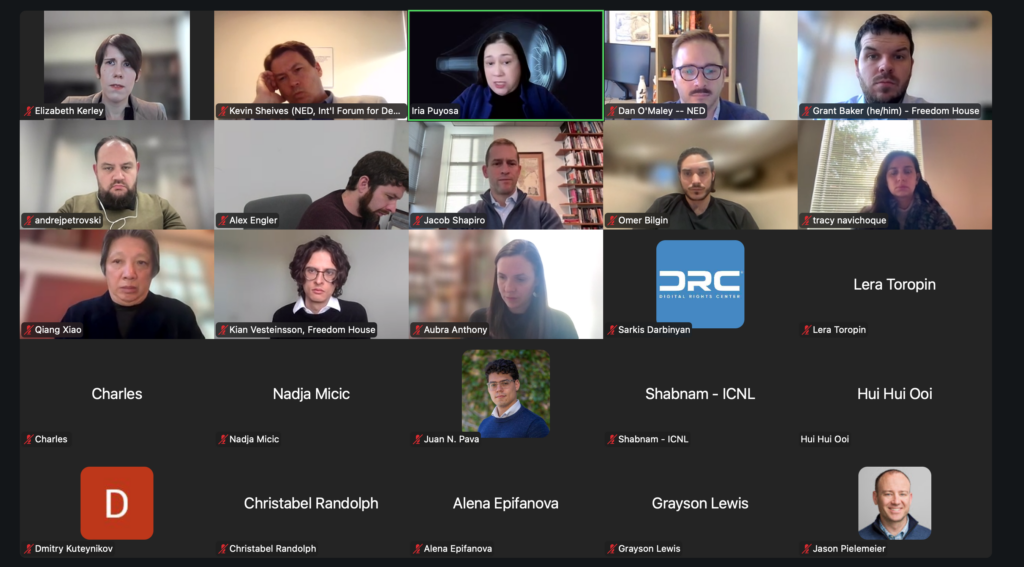K.S. Park published a paper which proves that the current sender pay rule and its planned expansion into “network usage fee” violates KORUS FTA in Manchester Journal of International Economic Law in 2025. The article is being also published in the abridged form of a book chapter in International Economic Law in a Developed Korea, Edited By Asif H Qureshi, Nany Hur, Jeong Ah Lee (forthcoming in 2026).
Citation: Kyung Sin Park, “US-Korea Digital Trade Disputes: Case of ‘Network Usage Fee’ Bill”, Manchester Journal of International Economic Law, Volume 22 Issue 1, Page 41-68, 2025, ISSN 1742-3945
Abstract:
KORUS FTA was one of the most advanced treaties in pushing for revitalization of digital
trade between any two countries. It has combined both the GATS Annex on Telecommunication
obligations, to provide open access to telecommunication networks as a mode of transport for
sectoral services, and the 2008 Agreement on Basic Telecommunication Services obligation to
regulate major incumbent telecommunication providers’ anti-competitive behaviour within the
sectoral service area. Also, it is the first document that confirmed the commitment to network
neutrality in the Electronic Commerce Chapter.
When the cost of data delivery on the internet has been defrayed so far under the ‘bill and keep’
model, i.e., charging only for the bandwidth of connection but not for traffic volume, the new
‘network usage fee’ law in any country will have placed financial burdens on the data senders and
therefore can be easily postulated to hamper the aforementioned access to that country’s
telecommunication network under GATS Annex and to solidify the oligopolistic position of the country’s incumbent
internet service providers receiving the data from overseas in contradiction to 2008 ABTS. Indeed, under influence of the 2016
sender pay rule that removed competition among the big 3 ISPs, South Korea witnessed an increase
in the transit fees to 8-10 times Europe, 5-6 times US, and 2 times Japan, which was reflected on
the peering fees charged on the foreign data senders into the country. The 2016 sender pay rule
also strengthened the bargaining position of the big 3 ISPs and their ability to engage in anti-
competitive behaviour not just by self-preferencing but also refusing to peer unless the high fees
comparable to the aforesaid transit fees are paid. Furthermore, the new law will contradict the net
neutrality side letter between KORUS negotiators, which already explicitly denounced a rushed
regulation that would have disabled an efficient market response through voluntary commercial
arrangements, 20 years ago.


0 Comments